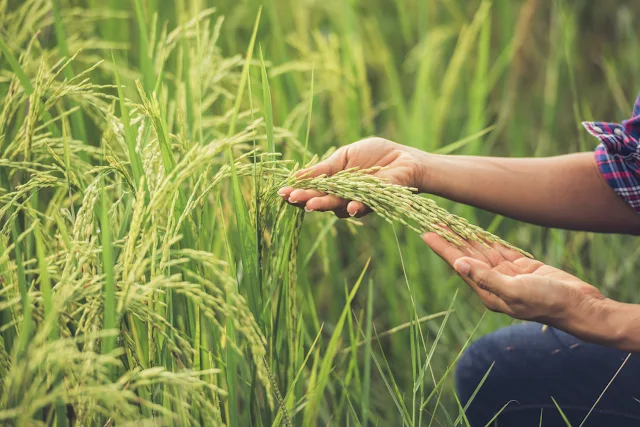In today's world, where environmental concerns are at the forefront of global discussions, the role of sustainable agriculture cannot be overstated. Sustainable agriculture not only addresses the urgent need to mitigate climate change but also plays a pivotal role in transitioning towards a green economy. Let's delve into how sustainable agriculture is driving this transformation and why eco-conscious consumers should take note.
What is Sustainable Agriculture?
Sustainable agriculture is a holistic approach to farming that focuses on meeting the needs of the present without compromising the ability of future generations to meet their own needs. It involves practices that minimize environmental impact, promote biodiversity, and ensure the long-term viability of farming systems.
Key Principles of Sustainable Agriculture:
- Soil Health: Prioritizing soil conservation and fertility through practices like crop rotation, cover cropping, and minimal tillage.
- Water Conservation: Implementing efficient irrigation techniques and water management strategies to minimize water usage.
- Biodiversity: Preserving and enhancing biodiversity by avoiding monoculture and creating habitats for beneficial organisms.
- Resource Efficiency: Using resources such as energy, water, and nutrients efficiently to minimize waste and environmental impact.
The Link Between Sustainable Agriculture and a Green Economy
1. Mitigating Climate Change
Carbon Sequestration: Sustainable farming practices such as agroforestry and conservation tillage help sequester carbon dioxide from the atmosphere, mitigating climate change.
Reduced Emissions: By minimizing the use of synthetic fertilizers and pesticides, sustainable agriculture reduces greenhouse gas emissions associated with conventional farming.
2. Promoting Economic Resilience
Diversification: Sustainable farming encourages crop diversification, reducing the risk of crop failure due to pests or environmental factors.
Local Markets: Supporting local and small-scale farmers fosters resilient local economies and reduces dependence on global food supply chains.
3. Protecting Natural Resources
Water Quality: Practices like precision irrigation and riparian buffers protect water quality, reducing pollution and preserving aquatic ecosystems.
Soil Conservation: By preventing soil erosion and maintaining soil health, sustainable agriculture safeguards vital natural resources for future generations.
Why Eco-Conscious Consumers Should Care
For eco-conscious consumers, supporting sustainable agriculture is not just about making ethical choices—it's about driving meaningful change and contributing to a greener, more sustainable future. By choosing sustainably produced food and supporting farmers who prioritize environmental stewardship, consumers can:
- Reduce Carbon Footprint: By opting for locally grown, organic produce, consumers can reduce the carbon footprint associated with food transportation and conventional farming practices.
- Promote Biodiversity: Supporting sustainable agriculture helps preserve biodiversity, ensuring the resilience of ecosystems and safeguarding essential pollinators like bees.
- Support Rural Communities: By supporting small-scale farmers and local food systems, consumers can contribute to vibrant rural economies and promote social equity.
Conclusion
Sustainable agriculture is not just a buzzword—it's a critical component of the transition to a green economy. By embracing practices that prioritize environmental sustainability, we can mitigate climate change, protect natural resources, and build resilient food systems. As eco-conscious consumers, our choices matter. By supporting sustainable agriculture, we can drive positive change and create a more sustainable future for generations to come.



Post a Comment
0Comments